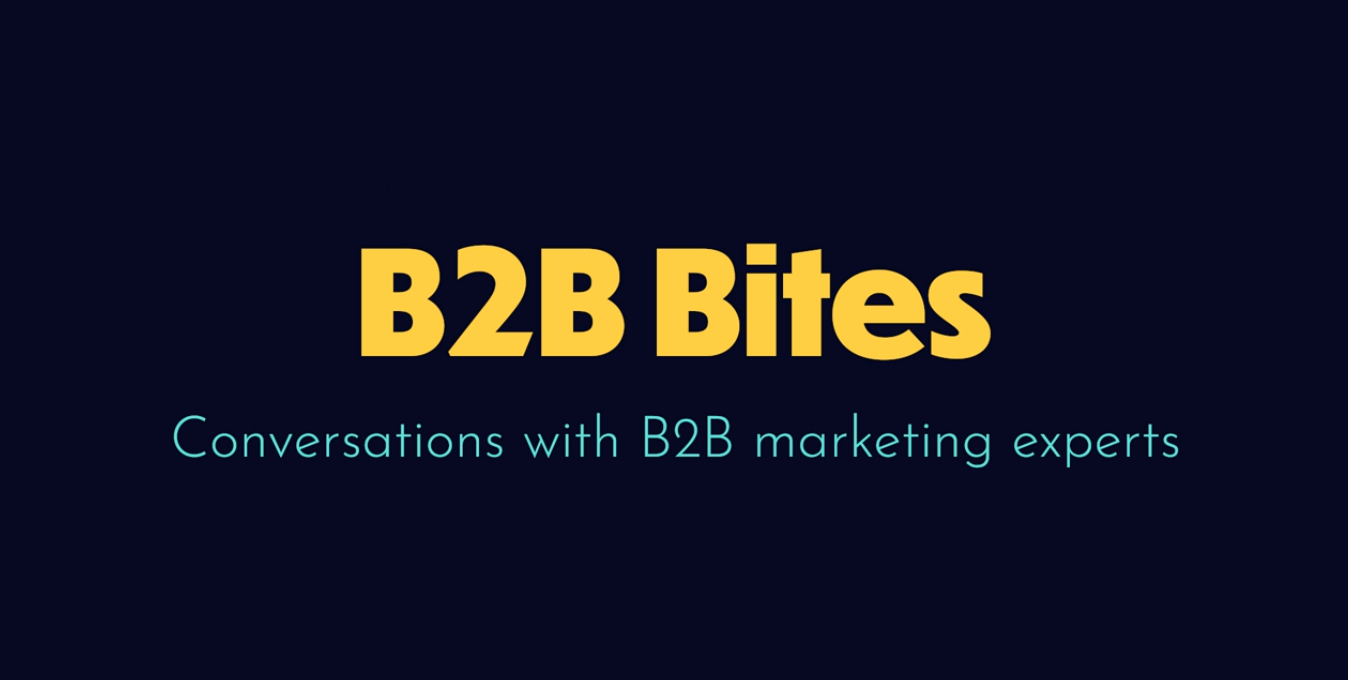Okay, let’s be honest: social shares and views are nice and everything, but the real value of content marketing is whether it brings in cold, hard cash. Right?
That means that you want to see results. Your content driven marketing needs to stand head and shoulders above your other marketing drives if it’s really going to be worth the effort.
I totally get that. And you’re right. You need to know exactly what you’re trying to get from your content marketing strategy. You need to make sure that every piece of content has a clear call-to-action that guides your audience to where you want them and helps you to achieve your immediate goal.
That said, content marketing isn’t – and shouldn’t – be a hard sell. That’s not how it works. If you’re going to focus on clear, measurable results, it’s probably more useful to see your content as a tool for generating leads, rather than sales.
And content marketing is a very, very good way to capture leads.
Why? Because content marketing is about giving useful information to your target audience for free. And typically, people really like getting useful things for free.
So much so, in fact, that if you say to them: “Hey, you know how that free thing I just gave you was really useful? I can give you a load more stuff like it if you just tell me where to send it,” you’re in with a very good chance of getting their email address. An email address they’d probably never hand over if you simply went ahead and asked for it.
It’s all about getting just the right balance of reciprocity. It’s all about progressing that conversation at a comfortable rate.
That’s why using your content to aim for a sale, straight out, can feel like a bit too much. In fact, it can undo the good work of your content.
In other words, saying to your audience, “here’s a free blog post with no strings attached OKAY NOW BUY MY PRODUCT,” sounds uncomfortably pushy. On the other hand, saying “here’s a free blog post with no strings attached – and here’s a free podcast if you give me your email address,” comes across as helpful and engaging – and is much more likely to earn a sale further on.
In a B2B context, this is an especially important distinction.
While there’s a chance you might catch a B2C customer in a spontaneous-purchase kind of mood, companies tend to be rather more systematic about their purchases.
The person reading your article might not be in a position to authorise that sale right at this moment. They might already have their budget allocated for the quarter. They might not be ready to make a company-wide decision. So don’t annoy them by hassling them.
Instead, focus on providing a genuinely attractive (and free) proposition that only requires their contact details, deliver on your promises and then, gradually, build up to more sales-focussed communications. When the time comes that they’re ready to buy, you’ll be top of mind – and you’ll have done the hard work of establishing trust and brand affinity well in advance.
Want more practical advice to earn ROI from your content driven marketing? Click here to download The B2B Content Creation Masterclass.









